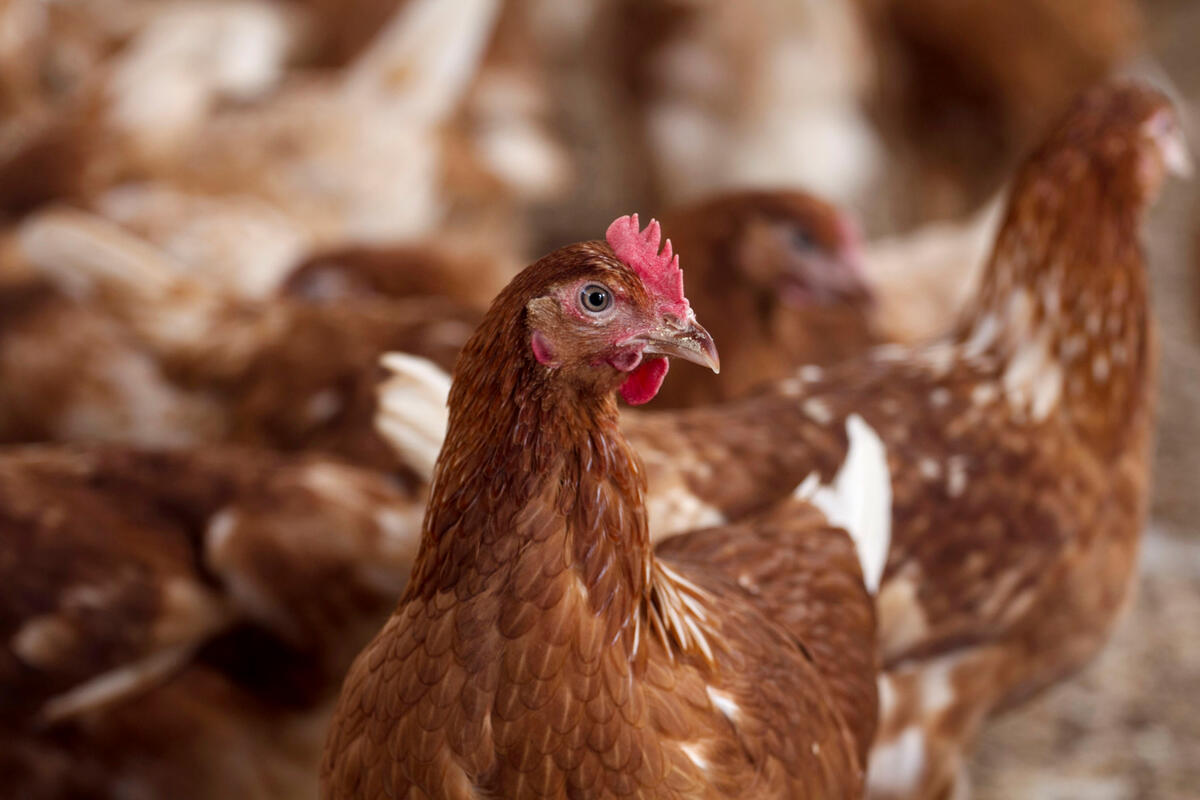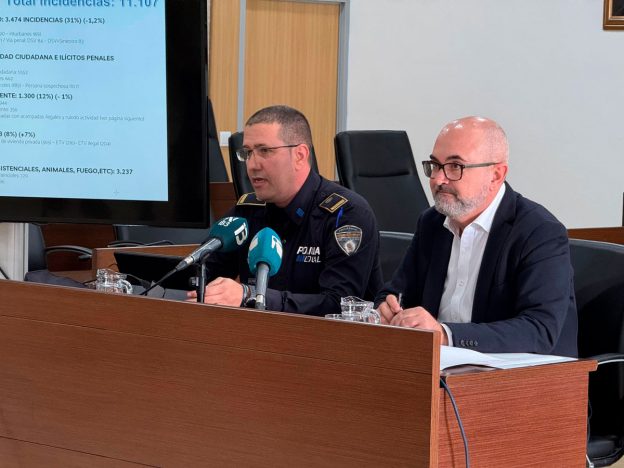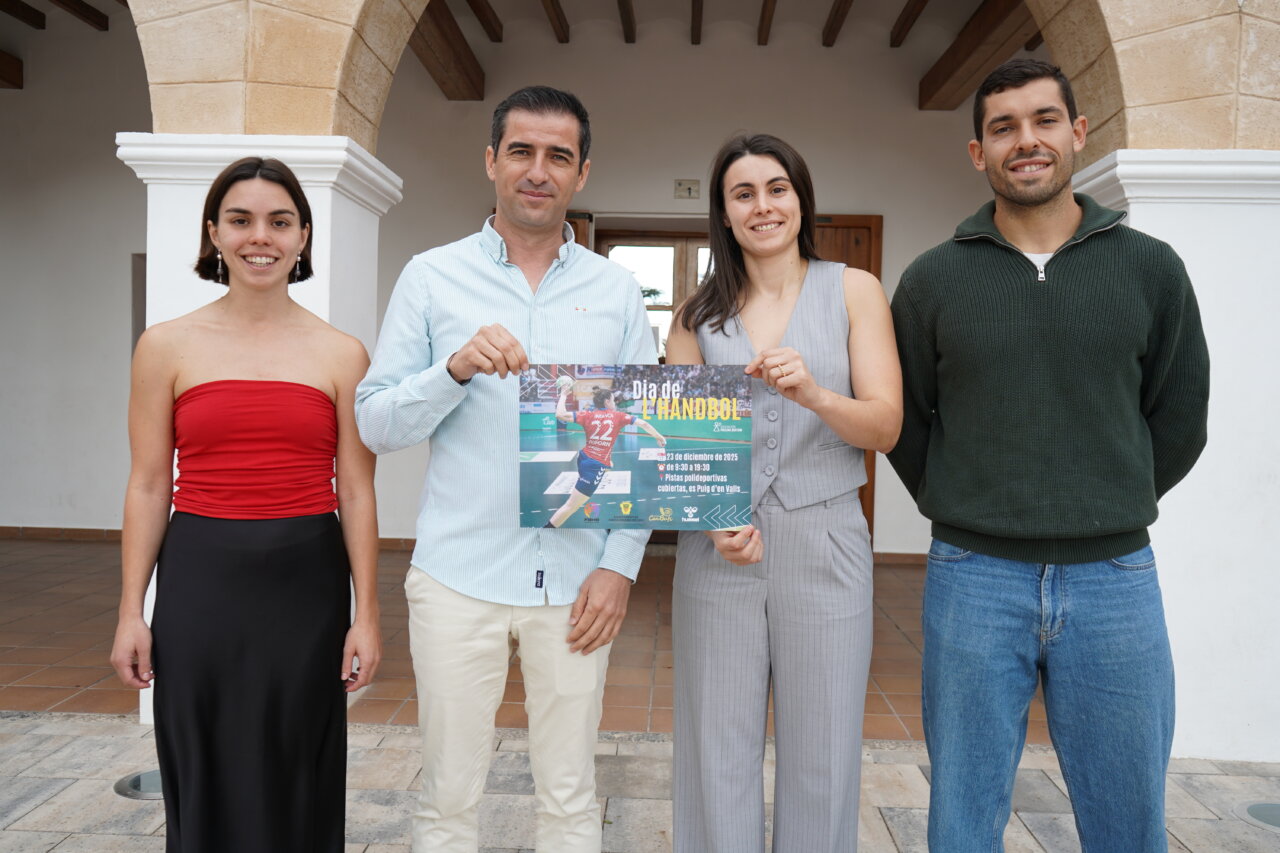The Ministry of Agriculture, Fisheries and Food will apply from Monday additional measures to prevent the spread of avian influenza, after detecting an increased risk due to the proliferation of cases in Europe, especially among wild birds. The Balearic Islands is among the communities included in the special risk areas, with a total of 14 affected municipalities.
Confinement of birds in risk areas
Among the new provisions is the mandatory confinement of poultry in municipalities classified as special risk or surveillance, which total 1,199 locations throughout Spain. In addition to the Balearic Islands, these areas are distributed among Andalusia, Aragon, Castilla y Leon, Catalonia, Valencia and other regions.
The Ministry, headed by Luis Planas, has activated, together with the autonomous communities, all the prevention measures included in the Order APA/2442/2006, of July 27, which regulates the actions against avian influenza in the national territory.
Restrictions for poultry farms
In at-risk areas, strict restrictions will be applied, including a ban on outdoor poultry unless aviary nets or protection systems are installed to prevent the entry of wild birds. In addition, birds must be fed and watered indoors or in enclosed shelters to avoid contact with wild animals.
It is also prohibited to use water from reservoirs accessible to wild birds, unless it has been treated to eliminate the virus. Outdoor reservoirs required for animal welfare reasons should be adequately protected from aquatic fauna.
Bird fairs and gatherings banned
Another important measure is the prohibition of concentrations of poultry and captive birds at livestock shows, fairs, exhibitions and cultural celebrations. The aim is to minimize the risk of virus transmission between birds from different farms.
Call to strengthen biosafety
The Ministry has urged the reinforcement of biosecurity measures in all poultry farms in the country, even outside risk areas, to avoid contact with wild birds. It has also called for immediate notification of any suspected disease to the official veterinary services.
Finally, Agriculture recalls that the autonomous communities are responsible for animal health, so they can adopt complementary measures to reinforce protection against the virus.










